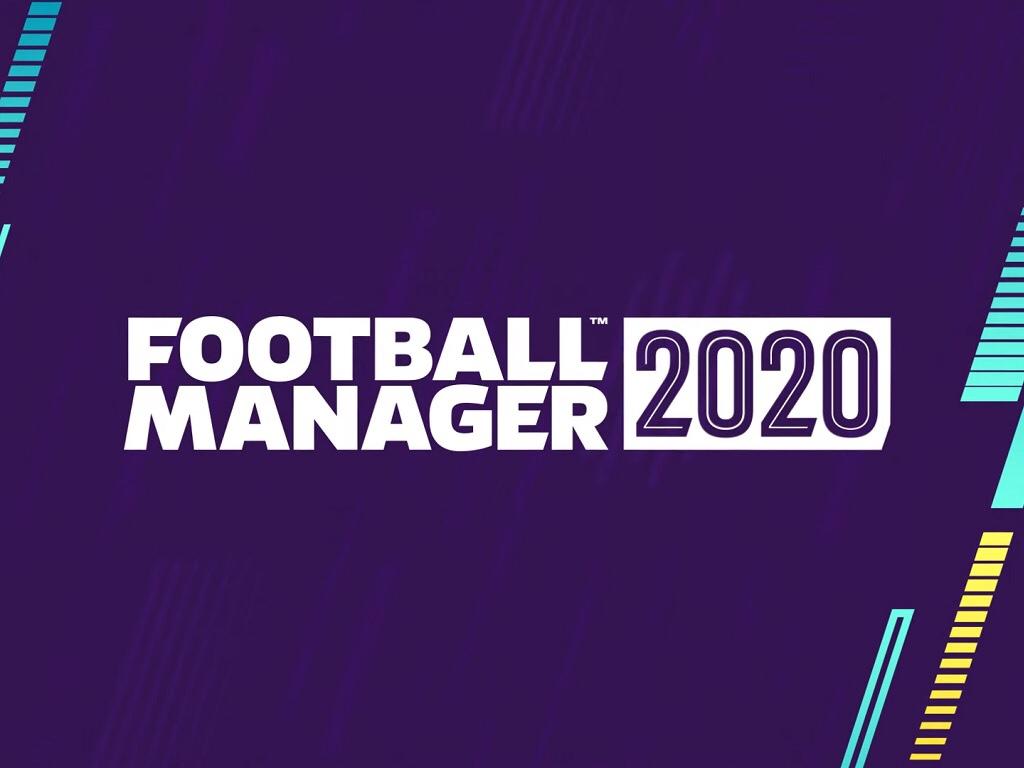
How to manage in a crisis on #FM20
You’re on a roll. You’re winning without having to break sweat. Keep everything the same, you say: you’ve found a winning formula.
Except, as every experienced FM campaigner will know, it’s never that easy. Sooner of later, the wheel of fortune will turn.
In my experience, the turning point can be undramatic. Just an underwhelming performance or two. Perhaps a draw in a match you should have won.
And then it happens. Your team plunges into a terrifying descent. And nothing on FM is worse than the feeling that a losing streak engenders. The abyss is a wretched place to be.
Once on such a streak, you can’t leave it there. Being away from FM before it is reversed is unbearable: the apprehension that the streak might continue is a form of agony.
But what to do?
A community solution
According to FM has written a helpful piece on this subject, entitled ‘How to turn around a bad run’. In fact the piece is about both how to reverse a slid and how to avoid entering into one.
His diagnosis centres on the following causes of slumps:
- Team selection: you pick certain players by default, without recognising that their claim on their spots in team is weakening.
- Tactical stagnation: even if your tactics are good, if they’re left unaltered, they’ll become predictable. Other teams (aka AI) will work you out.
- Over-rotation: by this, According to FM means something like the opposite of point (1) above: chopping and changing prevents the team from building up understanding.
Though points (1) and (3) might seem to contradict each other, it is possible to have both: you might have, say, half a dozen players in, undeservedly, as fixtures, whilst the other spots are never nailed down.
This diagnosis implies the following remedies:
- Review your selection: do something about the players who’re coasting or whose form is declining.
- Refresh your tactics — not necessarily radically, but enough to keep ahead of opposition: give them something new to think about.
- Seek to establish key inter-player understandings — for example, through getting two centre-backs used to working with each other.
In addition, According to FM recommends holding a team meeting, albeit somewhat tentatively (‘Being the easiest thing at your disposal as a manager, it is worth a try’).
Additional measures
According to FM’s discussion is constructive — a main motivation for writing this piece is simply to encourage you, if you haven’t already done so, to read his.
But I’d also like to recommend a six-point plan.
At this point, forgive me if I turn a bit ranty for a moment! My general view is that, though there’s unquestionably much helpful FM content available online, some of it suffers from a limitation — namely an assumption that the essence of management consists of two factors: (a) player acquisition and selection, in which judgements are made primarily on the basis of attributes and (b) tactics.
The point of my rant is to argue instead for more rounded approach (what I like to call 360-degree management). That is, an approach that brings in the more muted, less sexy, that FM makes available.
Here, then, are some suggestions. Their efficacy depends on timing. Wait until (a) you’re sure things are really bad AND (b) the next fixture looks winnable. In my experience, assistant managers suggest team meetings too early, before morale really requires radical intervention.
1. Once it’s evident that a slump has set in, formulate a select squad-within-a-squad. Some of your players (quite likely some of your ‘balanced’ types) aren’t much use in a crisis. They don’t take responsibility. Worse, they make mistakes and they moan. Such players have no place in your combat squad. Move them into your reserves. Turn your senior squad into an SAS unit comprising players who emerge favourably from evaluation by the following criteria (in no particular order):
A. Personality. We want professional and determined (even driven) types. Leaders too. If you have any ‘resilient’ players, they’re gold dust. Less obviously, I suggest that the odd ‘jovial’ fellow might be welcome, just to help relieve the pressure.
B. Dynamics. Influential players, provided the influence looks likely to be positive, are welcome.
C. Leadership, as an attribute — ideally in players who play in different parts so the park.
D. Morale. Note that you can massage individuals’ morale a little by praising their conduct.
Consider including players in the reserve and youth squads in this evaluation. There may be players there who wouldn’t normally justify a place in the senior squad but who are made of the right kind of stuff for a crisis.
2. Schedule team-building training modules — for example, team bonding, community outreach, and team work.
3. Consider changing the captain. Admittedly this can be risky: but sometimes a captain can be happy to stand aside. If you warn him beforehand and he resists, at least you can use the ‘Alright, but I want my confidence repaid’ option.
4. Organise a friendly, at home against lower-level opposition. The idea here is to initiate a positive cycle: you score some goals; you win a game; you praise your players; they begin to glow.
5. Renew some contracts. This can help by showing confidence in your players and by giving them a continued stake in the club.
6. Hold a team meeting.
In general I’ve found that this approach, though it entails risk and isn’t foolproof, often proves successful. Who dares wins.
- Why FM Touch might be the game for you
- FM20 | Moneyball | Part 1
- Red Star Alliance: Big Sam’s Fantastic Four
- Pacific FC – The Spring Season
If you enjoyed this article by BlackSeaFM, let us know on Facebook or Twitter!